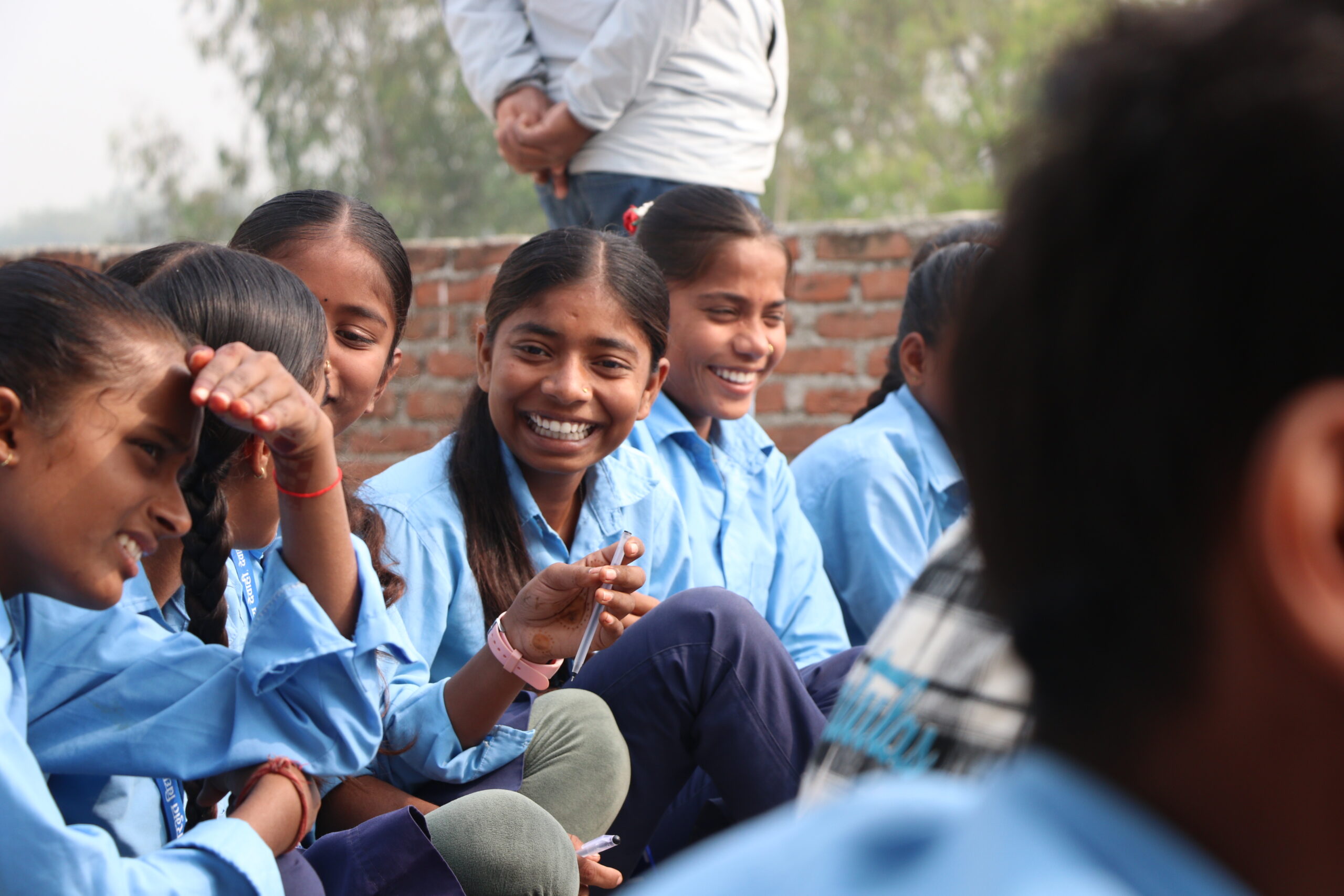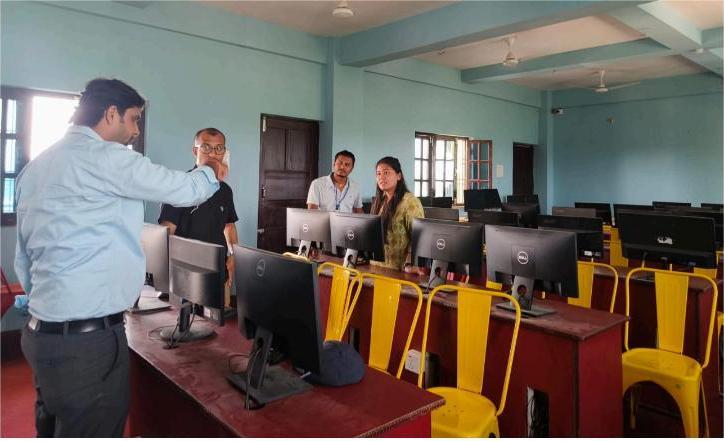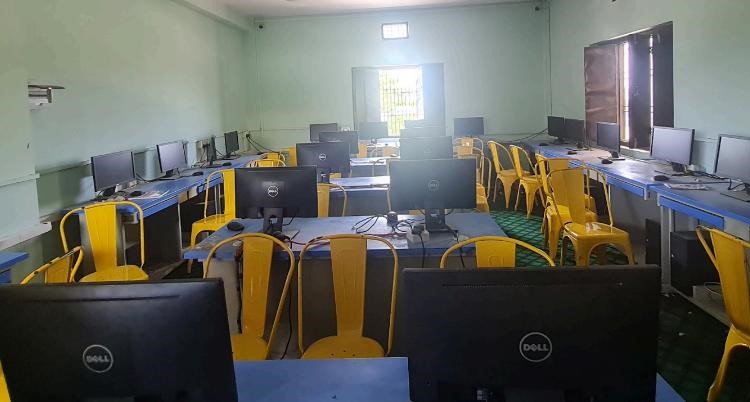
Naveenta: Innovating for an improved future STEM for most marginalised girls in Madhesh Province, Nepal
Naveenta is an innovative STEM education programme tackling Nepal’s gender gap in technology by equipping marginalised schoolgirls with the skills and opportunities to thrive in a digital future.
Nepal’s STEM (Science, Technology, Engineering, and Mathematics) industries are growing, yet participation remains starkly unequal. Only 0.5% of economically active women in Nepal work in STEM, compared to 17% in the EU and 23% in the US. Women and girls face intersecting barriers: gender discrimination, caste and class inequities, geographic isolation, limited access to technology and quality education, and the pressures of poverty, which often lead to early school dropout and early marriage, perpetuating a cycle of exclusion.
As the global economy becomes increasingly dependent on digital skills, there is a real risk that those already furthest behind will be shut out of future opportunities. With the Government of Nepal prioritising digital transformation through its national Digital Economy Strategy, now is the moment to equip young girls, with the skills, confidence, and safety knowledge they need to thrive.
Naveenta equips girls with practical digital skills and hands-on learning, combining IT training with real-world applications. More than technical skills, it offers support through mentoring from STEM professionals, networking opportunities, and access to cutting-edge AI safety resources and workshops. Tailored specifically for marginalised girls, Naveenta addresses the structural and social barriers they face. Embedded discussions, positive role models, and community engagement inspire motivation, challenge stereotypes, and shift norms at both the student and community level. This transformative work is delivered in partnership with Karkhana Samuha, a leading Nepali organisation in innovative, Inclusive Education and Digital Transformation.
Naveenta goes beyond skills development—it opens pathways to higher education and careers, while actively reducing the digital divide through tailored, community-based training. The programme challenges harmful gender norms and tackles the structural and social barriers that have historically excluded girls from STEM. It aims to demonstrate a scalable model for inclusive STEM education in Nepal, with the long-term goal of integration into local government strategies and policies.
What Naveenta Offers:
This pilot will demonstrate a scalable model that empowers 500 marginalised girls across 40 government schools (Grades 6–12) in Madhesh Province to pursue further education and careers in STEM by:
- Skills in STEM – Intensive digital skills courses in schools, including Creative Coding, Web App Development, and Design & Visual Communication, with practical use of AI. In lower grades, selected schools will also offer hands-on science and engineering classes, supported by teacher training and curriculum development.
- Support in STEM – Inspiring girls to see themselves in STEM by showcasing real career and education pathways through mentoring, networking opportunities, and large-scale seminars.
- Safety in STEM – Promoting the safe, responsible, and ethical use of AI and digital platforms through workshops in all schools supported by newly created dedicated online resources.
By equipping girls with digital skills and fostering supportive learning environments, Naveenta helps break down barriers to education in Nepal’s growing digital economy. Its impact is both immediate and long-term: girls gain practical skills they can use today, while also developing the confidence and ambition to pursue futures in STEM. At the community level, the initiative advances gender equity and inclusion, building momentum for policies and programmes that can be scaled across Nepal.

